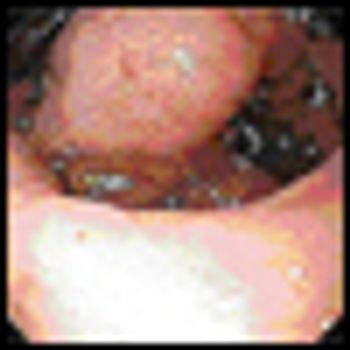
The use of the term "futility" in cancer care has been prompted, in part, by increasing requests from patients for treatments thought to be ineffective as well as costly.[1] The appropriate role of chemotherapy near the end of life is a complex issue.[2]

